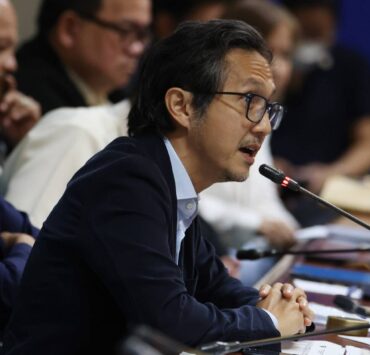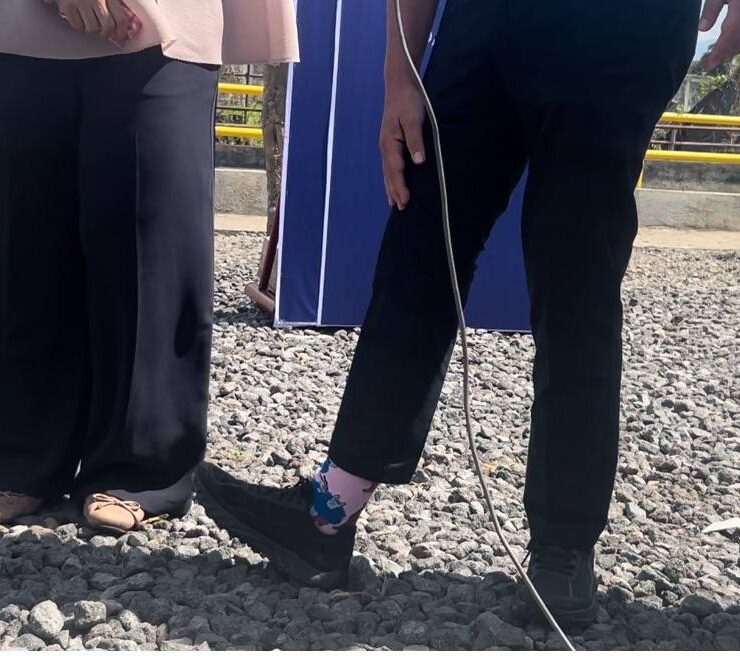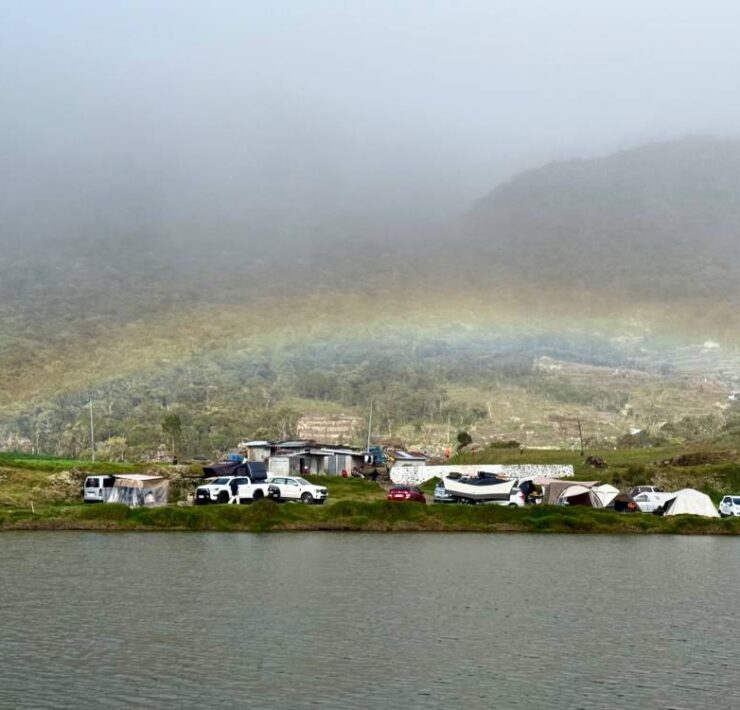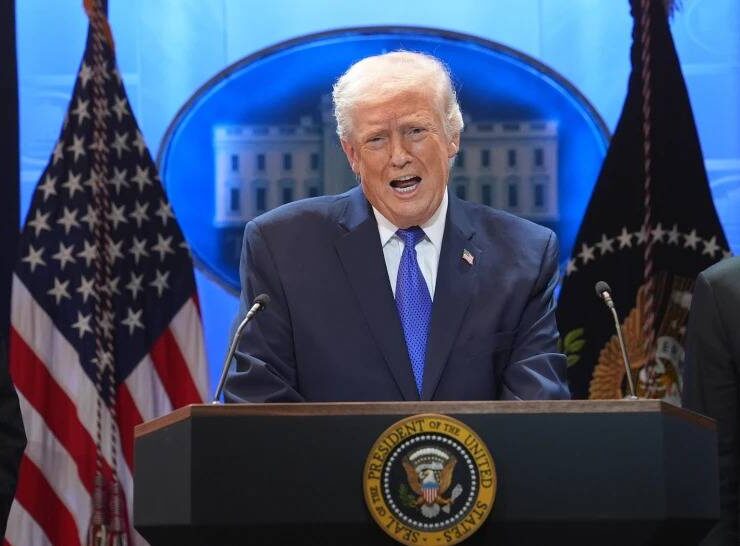Execs calling for GSIS chief’s ouster resign
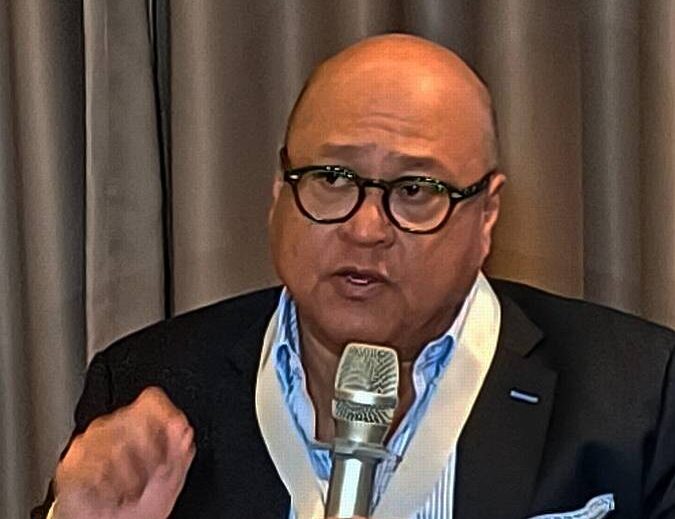
Three members of the board of the Government Service Insurance System (GSIS), who called last week for the immediate resignation of the pension fund’s president, Jose Arnulfo “Wick” Veloso, have stepped down, citing deep divisions over his investment strategies which they claimed had resulted in losses of P8.8 billion.
In letters to President Marcos dated Oct. 14 and 15 and obtained by the Inquirer, GSIS trustees Ma. Merceditas Gutierrez, Emmanuel Samson and Rita Riddle tendered their resignations, effective upon the appointment of their successors.
The development marked a dramatic point in a monthslong rift within the state pension giant, which manages nearly P2 trillion in assets for millions of government workers.
According to appointment papers dated Oct. 17 seen by the Inquirer, the seat vacated by Gutierrez, a former Ombudsman under the Arroyo administration who chaired the GSIS legal oversight committee, will be filled by current board member Garry de Guzman, whose position, in turn, will be taken by Cenon Cruz Audencial Jr.
Samson, who led the pension fund’s risk oversight committee, will be succeeded by Enrico Gregorio Molina Trinidad.
Both Audencial and Trinidad will serve as acting board members representing the banking, finance, investment and insurance sectors, the documents showed.
Riddle, the former chair of the GSIS audit committee, will be replaced by Gilbert Tan Sadsad.
The resignations came just days after the three, along with one other incumbent member of the nine-member board, sent a sharply worded letter to Veloso demanding his “immediate and irrevocable” resignation over what they described as “poor investment decisions” that allegedly led to billions of pesos in losses.
The letter was also signed by current board member Evelina Escudero and former trustees Jocelyn de Guzman Cabreza and Alan Luga.
The signatories had alleged that the fund’s top executive had pursued risky investments “marked by a disturbing lack of transparency.”
They cited what they described as “a pattern of actions seemingly designed to bypass proper governance,” including the alleged practice of splitting investment transactions—a “clear tactic,” they wrote, intended to evade the mandatory board review for investments exceeding P1.5 billion.
They accused Veloso, who recently returned to his post after a preventive suspension ordered by the Office of the Ombudsman, of “fabricating issues and weaponizing administrative procedures to retaliate against [board] members exercising their fiduciary duty of oversight.”
In her resignation letter, Gutierrez said “a productive and tenable working relationship” with Veloso was “no longer achievable.”
Samson cited “numerous” policy differences with the GSIS chief, while Riddle pointed to what she called an “absence of transparency and shared accountability.”
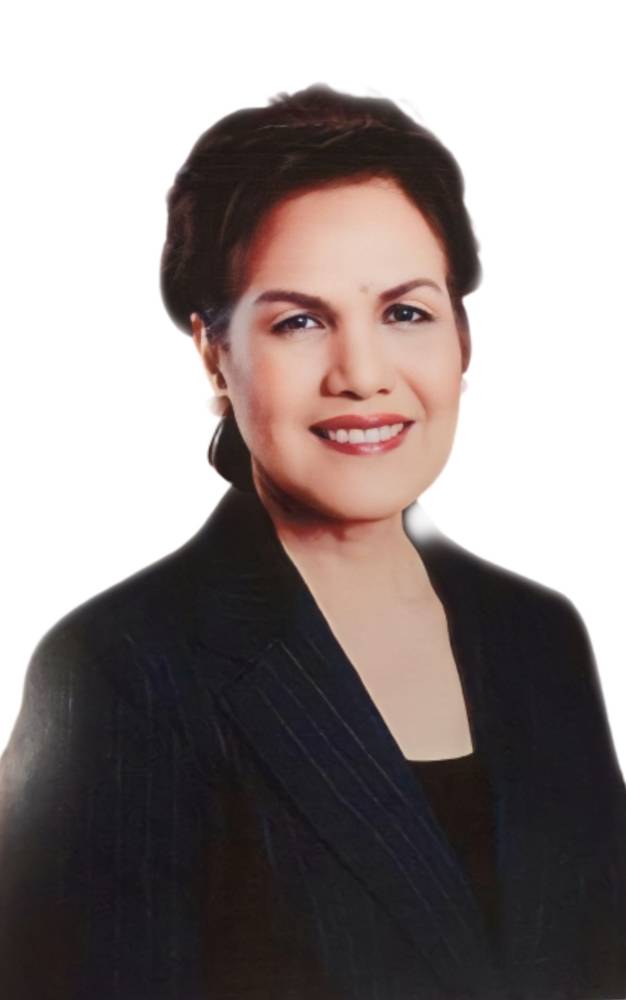
Misleading claims
Veloso said he would remain in office as long as he retained the trust of President Marcos.
In an interview with dzMM Radio on Monday, he dismissed the accusations as malicious, particularly the claim that he had split investments to avoid board scrutiny.
“Investments [within allowable amounts] can be done every day. It gives the flexibility to the team to be able to take advantage of market volatility,” he said in Filipino. “If you don’t understand investing, we will have issues with all of that.”
“That’s why I’m encouraging them [trustees], because of different backgrounds, to be able to clearly study and allow management to be able to execute its role. Everything there is transparent,” he added.
Veloso also said the fund’s financial performance “speaks for itself,” citing figures as of August 2025.
He pointed to GSIS total assets climbing to P1.92 trillion and a total income of P231.06 billion, with net income reaching P100.02 billion.
But in a statement dated Oct. 19, the signatories of the letter to Veloso said the “narrative of success” being advanced by the GSIS chief was “predicated on misleading metrics and structural inflows that are unrelated to active investment management.”
“The reported growth in the Fund’s assets is significantly inflated by non-cash, unrealized gains from the annual revaluation of our property portfolio,” they said.
Suspension
“Furthermore, a substantial portion of reported income is derived from the increase in mandatory premium collections. As a fund with a captured market, this growth is an automatic, structural feature, not a result of strategic financial management,” they pointed out.
In July, Veloso and several other GSIS officials were suspended by the Ombudsman after an anonymous complaint questioned the fund’s P1.45-billion investment in Alternergy Holdings Corp. The other GSIS officials were Executive Vice Presidents Michael Praxedes and Jason Teng, Vice Presidents Aaron Samuel Chan and Mary Abigail Cruz-Francisco, officer Jaime Leon Warren, and acting officer Alfredo Pablo.
The six-month suspension, the Ombudsman said, was intended to prevent those accused from influencing the investigation.
The Ombudsman’s order was lifted in September after the antigraft body determined there were “insufficient grounds” to believe the officials’ continued stay in office would affect the inquiry.
Background
Veloso was the president and CEO of the Philippine National Bank (PNB) before his appointment to GSIS.
He was an international banker and was appointed as the first Filipino CEO at HSBC Philippines until he transferred to PNB in 2018.
Meanwhile, Gutierrez was appointed Ombudsman in December 2005 but resigned from her position in April 2011, almost two weeks before she was due to face an impeachment hearing.
In March 2011, the House of Representatives voted to impeach Gutierrez after she was accused of betraying public trust by failing to act on corruption claims made against former President Gloria Macapagal-Arroyo, her husband, and military and government officials suspected of corruption.














